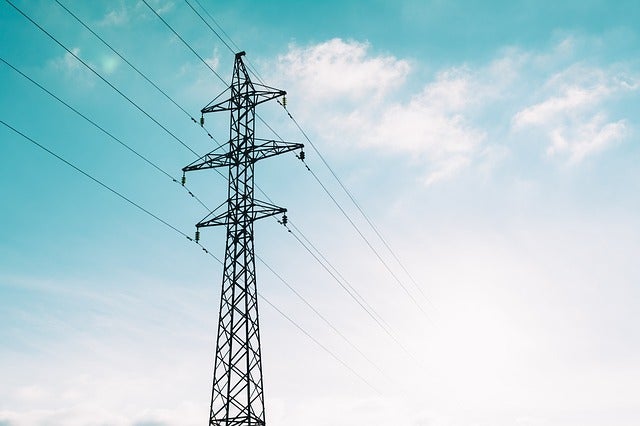
The project by name ReFLEX (Responsive Flexibility) Orkney project is expected to demonstrate an advanced VES interlinking local electricity, transport, and heat networks into one controllable, overarching system, to digitally link distributed and intermittent renewable generation to flexible demand.
The project is aimed to create a ‘smart energy island’, that demonstrates the future of energy system, which is expected to reduce and eliminate the need for fossil fuels. The project has been funded by UKRI through the Industrial Strategy Challenge Fund.
UK Minister for energy and clean growth Claire Perry said: “What we are seeing here on Orkney is a test bed for the energy system of the future. These smart systems are a key part of our modern Industrial Strategy and will provide cheaper, greener and more flexible access to energy for everyone.
“What we learn from these innovations could one day be rolled out across the UK and exported around the world and we’ll be able to say it was ‘Made in Orkney’.”
The ReFLEX Orkney project is led by the European Marine Energy Centre (EMEC) and brings together an expert consortium of Orkney-based partners Solo Energy, Aquatera, Community Energy Scotland, Heriot-Watt University and Orkney Islands Council along with energy company Doosan Babcock.
EMEC managing director Neil Kermode said: “We’re delighted that UKRI have funded this project. This new model will demonstrate how we can better interact with, own and manage our integrated energy systems locally, both at individual and community level.
“50% of the project is being funded privately indicating the appetite that exists within the partners to make this project work. Orkney has already demonstrated high commitment for local sustainable energy solutions and the county is well on its way to decarbonising each aspect of the energy system.”
The company said that the electricity, transport and heat powered by local renewable energy generation, would be coupled with flexible energy demand, balancing the intermittency of renewables.
The flexible energy balancing technologies are key part of the project, which aims to deploy up to 500 domestic batteries, 100 business and large-scale batteries, 200 Vehicle-to-Grid (V2G) chargers, and 600 electrical vehicles (EVs).
In addition, the project aims to deploy an island community-powered electric bus and e-bike integrated transport system, 100 flexible heating systems; and a Doosan industrial-scale hydrogen fuel cell.
Kermode added: “The target for Orkney is to have a negative carbon footprint and this pioneering project will build upon the existing local energy system, local infrastructure and local expertise, to accelerate this transition to a fully sustainable and flexible energy system.”



